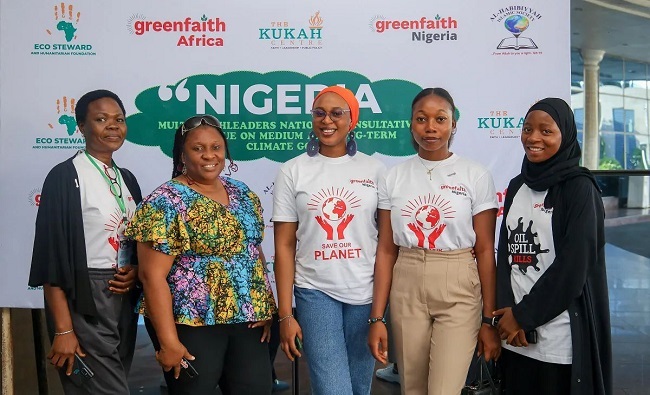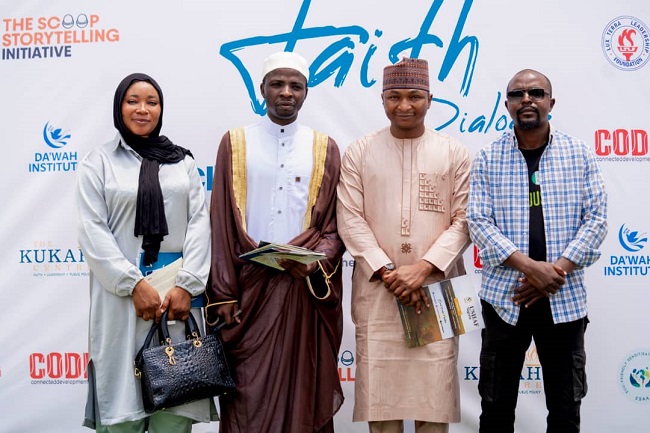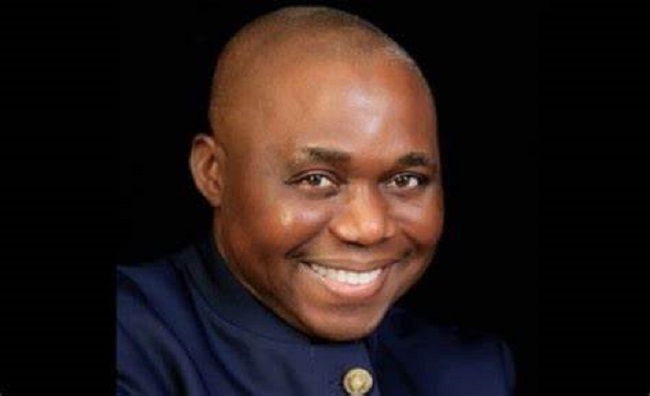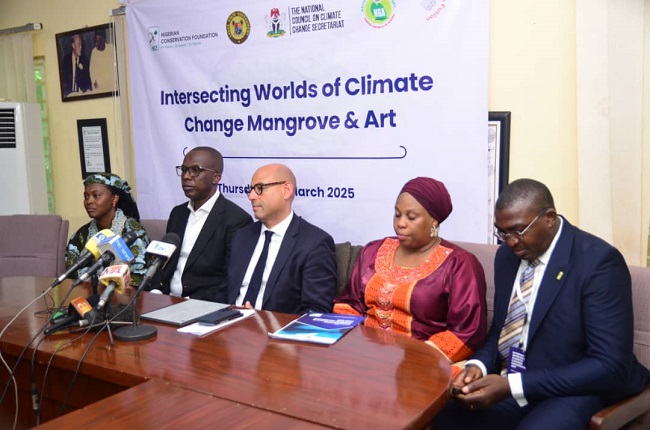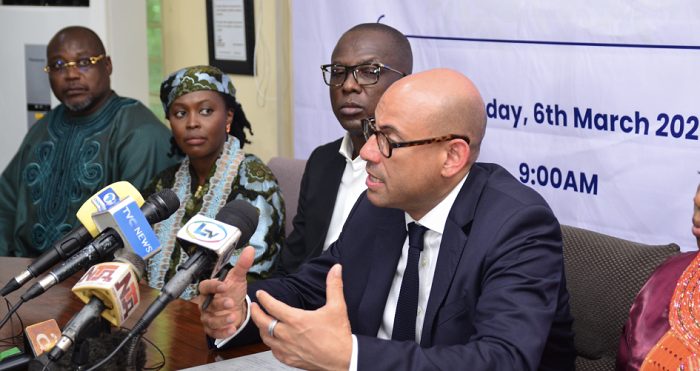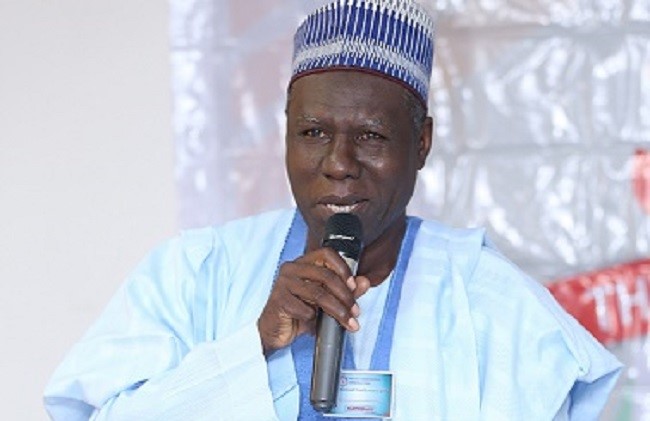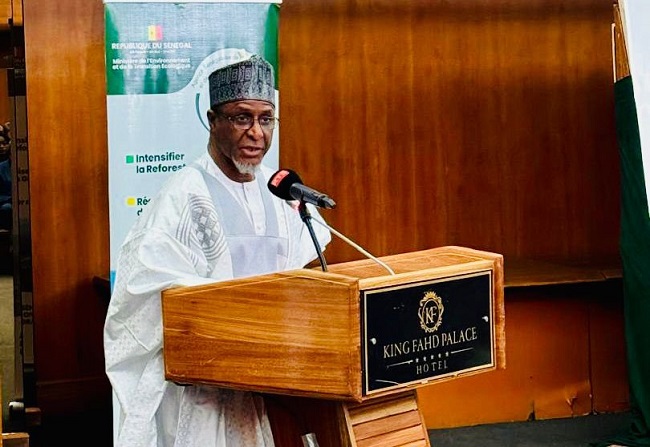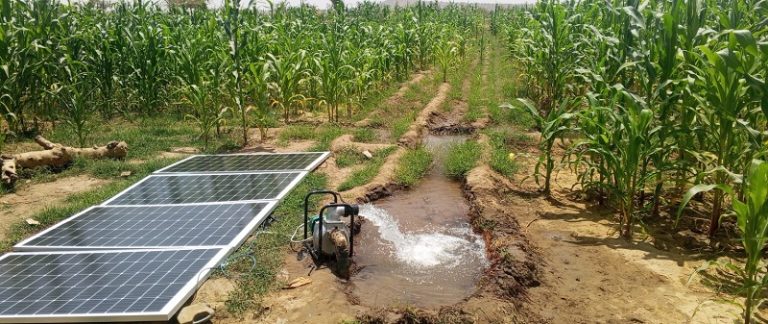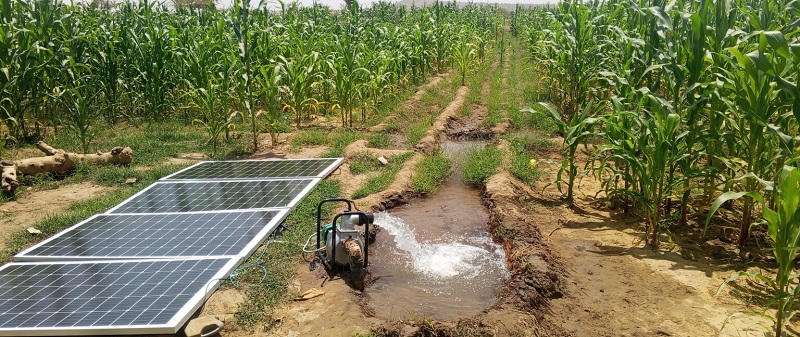Civil society organisations including Corporate Accountability and Public Participation Africa (CAPPA) have called on President Bola Ahmed Tinubu to immediately declare the widespread violence against women and the escalating femicide crisis in Nigeria “a national emergency and threat to national security”.

They also weighed in on the ongoing controversy between Senator Natasha Akpoti-Uduaghan and Senate President Godswill Akpabio and condemned her suspension by the Upper Chamber of the National Assembly.
In a joint statement issued on the occasion of International Women’s Day (IWD) 2025, the organisations emphasised that this year’s theme, “Accelerate Action,” speaks to the urgency of dismantling entrenched structures of violence and patriarchy, and oppressive norms that continue to endanger the lives of women and prevent them from realising their full potential.
Speaking further, they stated: “Despite Nigerian women’s historical and ongoing contributions to national development, they remain systematically undermined, subjected to unchecked violence, and forced to live in fear in many instances.”
Ngozi-Juba Nwosu, Executive Director, VisionSpring Initiatives, said: “Femicide, which manifests as the deliberate killing of women and girls simply because of their gender, has recorded an alarming growth in recent times. Since the start of 2025, nearly 30 women have suffered gruesome murders, but these are only the cases that made it to the public eye. Countless others remain unheard, their stories buried by silence, institutional neglect, and impunity.
“Meanwhile, many of these killings have been carried out by those closest to them – intimate partners, family members and trusted relatives.”
These attacks on women, the statement noted, form part of a deeper crisis that demands urgent and decisive government intervention.
“These reprehensible attacks should unsettle every person with a conscience. Women are the backbone of economies and entire communities. When they are constantly under attack, our nation suffers. Women constitute about 49.5 percent of Nigeria’s population – no society can prosper when nearly half its citizens live in perpetual fear of extermination,” said Betty Abah, Executive Director, Centre for Children’s Health Education, Orientation and Protection (CEE-HOPE).
Interrogating the factors that promote gender-based violence and femicide in Nigeria, the organisations identified lack of access to education, insecurity, institutional misogyny – reinforced by weak legal frameworks and poor law enforcement – as key enablers.
The statement further expressed that “Domestic and intimate partner violence remains rampant, fuelled by cultural and religious beliefs that uphold male dominance and discourage women from exiting abusive relationships. Economic disempowerment further exacerbates the crisis, as poverty and limited access to resources often leave women vulnerable to exploitation and fatal violence.”
Additionally, the prevalence of ritual killings across the country persists, often justified by superstitious beliefs and wealth-seeking practices.
“This is why we welcomed the National Film and Videos Censors Board’s (NFVCB) historic 2024 legislation prohibiting the glamourisation of smoking and ritual killings in Nollywood films. This policy shift aligns with our longstanding campaign to cleanse our screens of narratives that normalise and reinforce an unhealthy culture. The Regulation, though a step in the right direction, is far from sufficient,” said Zikora Ibeh, Assistant Director, Corporate Accountability and Public Participation.
The CSOs stressed that tackling the crisis of gender-based violence, ritual killings and femicide requires a multi-layered approach that goes beyond film regulations.
“Existing laws, such as the Violence Against Persons (Prohibition) Act 2015, must be rigorously enforced, ensuring that perpetrators of femicide and other forms of violence face real consequences.”
While the VAPP Act is a critical legal instrument designed to eliminate violence in both private and public life, its impact remains limited due to lack of political will, weak enforcement mechanisms, and insufficient advocacy. The CSOs warned that unless decisive action is taken, the situation will worsen.
They called on the Nigerian government at both the federal and state levels, alongside key stakeholders such as the Federal Ministry of Women Affairs and Social Development, and the National Orientation Agency (NOA), to acknowledge the gravity of this crisis and demonstrate genuine commitment to upholding Section 33 of the Constitution of the Federal Republic of Nigeria, 1999 (as amended), which guarantees the right to life for all individuals.
They called for increased allocation of resources to strengthen protection mechanisms for women, the creation of targeted programs to address economic inequalities, and strategic support to equip more women with the skills requisite for financial independence.
They also requested the establishment of national emergency hotlines and the provision of safe shelters for those at risk.
More critically, they called for a radical overhaul of key institutions, particularly the Nigeria Police Force, which has long served as an enforcer of institutional misogyny rather than a protector of women’s rights.
“Too often, reports of gender-based violence are dismissed as ‘family matters’, allowing perpetrators to walk free while survivors are left to suffer in silence and shame. Without a total reorientation of law enforcement and the criminal justice system, violence against women will remain state-sanctioned, and the cycle of abuse will continue unbroken,” Ibeh added.
Senator Natasha Akpoti-Uduaghan and Senate President Godswill Akpabio
The organisations also weighed in on the ongoing controversy between Senator Natasha Akpoti-Uduaghan and Senate President Godswill Akpabio.
They described her suspension as “mischievously hasty, absurd, and most depressingly, a well-executed orchestrated mockery of International Women’s Day in Nigeria”.
“Her six-month suspension is not only a targeted witch hunt and outright political purge of dissent but also a brazen abuse of power, robbing her constituents of their right to representation. This pattern of legislative repression has already been declared unconstitutional in Sen. Ovie Omo-Agege v. Senate & 2 Ors (2018).”
The organisations demanded a public hearing and the establishment of an independent panel – comprising impartial citizens, legal experts, and civil society groups – to conduct a transparent investigation into the grave allegations at the heart of this dispute.
Whilst emphasising that the National Assembly is not a self-serving institution but a body accountable to the people, the CSOs lamented that, since the start of the controversy, the responses from both male and female legislators have been revealing – not in their demand for due process or justice, but in their swift condemnation of Senator Natasha herself.
“Rather than upholding justice and democratic principles, as well as insisting on an independent inquiry, they have closed ranks, reinforcing a political order that defines women’s participation in politics as conditional, precarious, and ultimately disposable.”
This reaction, the CSOs observed, reflects a system that structures women’s political existence to endure abuse, coercion, and humiliation lest they be cast as weak, disruptive, or unfit for the ruthless terrain of power.
“Women in politics are expected to endure violence and suppression in silence, their subjugation repackaged as a test of resilience and loyalty to the establishment. Any refusal to accept this unspoken rule is met with swift retribution, as seen in the political elite’s collective dismissal of Natasha’s allegations.
“With only a handful of female politicians occupying key positions, and even so, confined to the periphery of decision-making, the urgent task is not just to increase their numbers but to break the very structures that render their presence symbolic at best. This requires building strong democratic institutions that do not encourage the systemic exclusion of women in political spaces,” they concluded.

